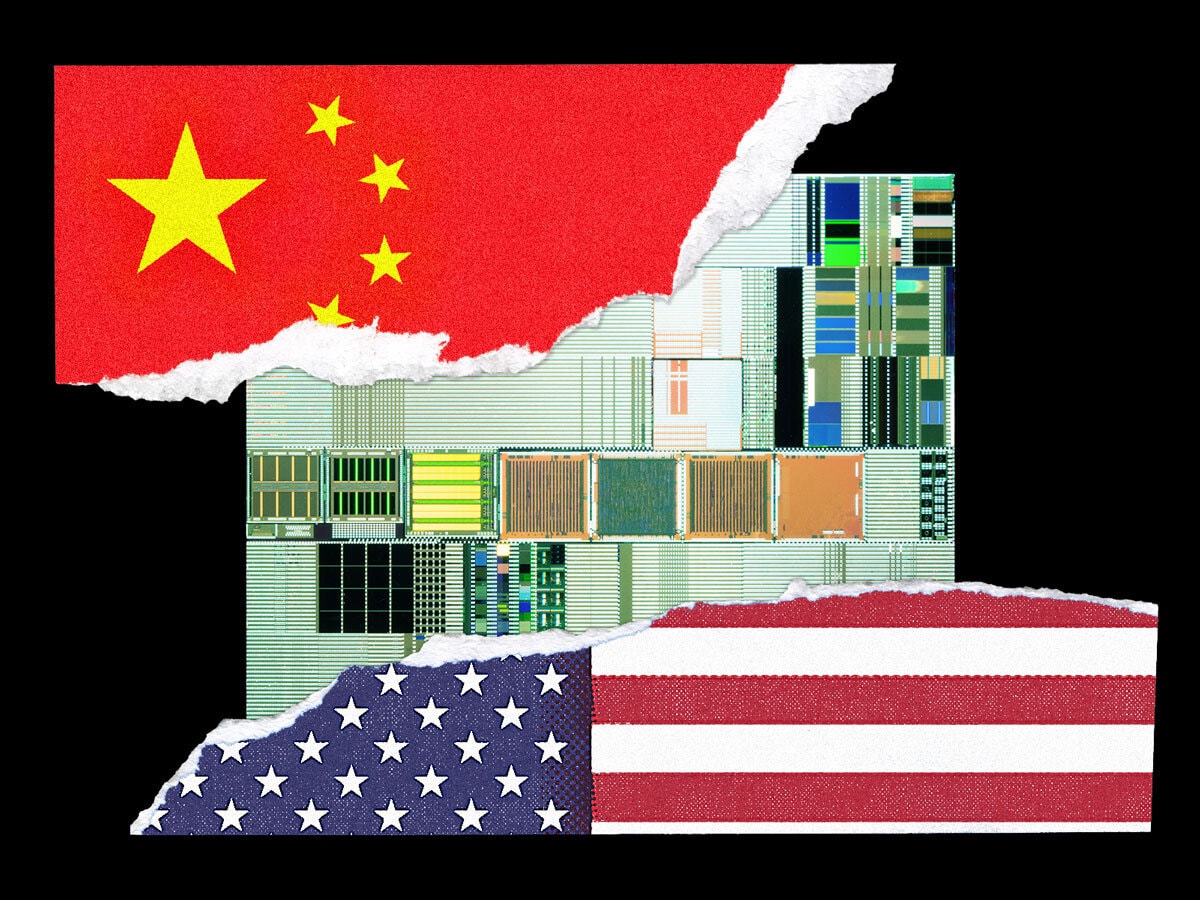Every day, we handpick the 5 Top Stories stock market investors need to know. In 5 minutes, you’ll learn the stocks, CEOs, and money managers moving markets.
US–China curb wars continue
China has curbed exports of two metals that are key to semiconductor manufacture: gallium and germanium; several Chinese metal producer stocks surged as a result. Analysts have said that the new curbs will have limited impact, but serve as a warning shot to the US and EU. Meanwhile, the US has moved to curb Chinese companies’ access to cloud services, among them those provided by Amazon [AMZN] and Microsoft [MSFT].
EU tightens the screws on big tech
Seven major tech firms including Amazon, Microsoft, Meta [META] and Bytedance have informed the EU that they meet the criteria to be classified as ‘gatekeeper platforms’ under the bloc’s incoming digital antitrust laws. This could have a major impact on how they do business, for example, by obliging them to incorporate third-party payment systems into their interfaces. Meanwhile, Meta has lost a bellwether EU court case over how it handles data.
Meta’s Threads to rival Musk’s Twitter
As Twitter continues to flounder, Facebook owner Meta has said it is to launch a new app to rival it, called Threads. Set to go live on Thursday, the new app will be linked to Instagram, and hence already counts on an extensive potential user base. Elsewhere in the social media space, Alibaba [9988.K] is reportedly conducting a strategic review of its video streaming platforms Youku and Tudou.
Action in the auto supplies sphere
H2 Green Steel has signed a €1.5bn, seven-year deal to supply ‘near zero-emissions’ steel to ZF Friedrichshafen, one of the automotive industry’s biggest suppliers. It will meet a substantial percentage of the latter’s annual demand of 2.5 million tonnes. Meanwhile, SSW Partners, the owner of American-Swedish automotive supplier Veoneer, is moving to sell off its passive safety business, potentially worth some $500m.
Toyota streamlines battery ambitions
Toyota [7203.T] plans to halve the weight, size and cost of the batteries it uses for electric vehicles (EVs). Keiji Kaita, president of Toyota’s research and development centre for carbon neutrality, called its current batteries “too big, heavy and expensive”. Last month, the Japanese carmaker — the world’s biggest by sales — revealed its ambitions to integrate its solid-state battery technology into an EV by 2027.
Continue reading for FREE
- Includes free newsletter updates, unsubscribe anytime. Privacy policy





